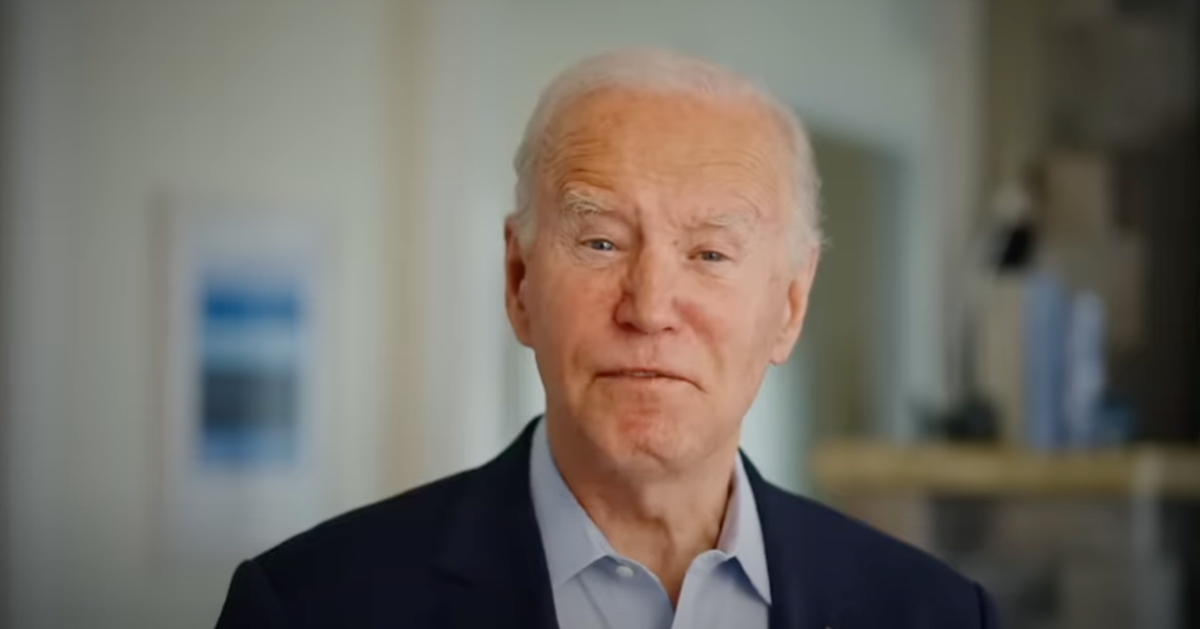Democrat Group Releases Trump Emails After Iranian Cyber Breach
An Iranian hacking group, operating under the name Mint Sandstorm, has allegedly brought internal communications from the Trump campaign into the public eye, spurring a contentious release by a Democratic Party-tied political action committee.
The emails, whose origins officials claim trace back to an Iranian cyber breach, were released by American Muckrakers, inciting legal action from the Department of Justice against the alleged hackers, as the Daily Caller reports.
In a recent development reported by Reuters, these emails were reportedly disseminated by the hackers to multiple media organizations. Despite this, most media outlets opted not to publish the materials.
Subsequently, the documents found their way to the public via the Democratic PAC, American Muckrakers, spearheaded by David Wheeler.
Trump Campaign Emails Published by PAC
Wheeler, a seasoned Democratic Party political operative, uploaded the emails to the American Muckrakers website, arguing that this act was essential to unveil what he describes as the Trump campaign's intensity to secure the election win. However, Wheeler remained mum on the original source of the information.
Among the released files, some emails highlighted interactions between Trump operatives in the run-up to the election. Notably, the documents also encompassed research notes on J.D. Vance, a candidate to become Trump's running mate at the time, which the hackers had also accessed.
This situation prompted the Department of Justice in September to charge the hacking ensemble known as Mint Sandstorm.
The collective is believed to consist of three individuals, operating under the shared alias "Robert," and accused of assuming fake personas to conduct their activities.
Reactions to DOJ's Charges and Hackers' Response
In light of these charges, Reuters reached out to the entity referred to as "Robert" for their take on the allegations from the Justice Department. The hackers responded with a dismissive retort.
While Iran's ties to election meddling through cyber operations are not new, this incident adds to a series of accusations against the nation, which has historically denied participation in such activities.
Iran's diplomatic voice at the United Nations staunchly refuted the recent accusations, labeling them as unsubstantiated.
Tehran's contentious relationship with Donald Trump postdates the fatal 2020 strike on Qasem Soleimani, a high-ranking general in Iran. This incident has been a significant point of tension, potentially motivating the country's alleged activities.
Implications and Responses to the Cyber Leak
Although Iran disclaims any role in election interference, its alleged cyber tactics have captured worldwide attention, especially noting two assassination attempts on Trump, which officially remain unconnected to Iran.
Despite the substantial attention these revelations attracted, the Trump campaign refrained from addressing the specific leaks concerning J.D. Vance, although officials issued a statement on the subject in October.
In it, they condemned Iran for leveraging its digital prowess to allegedly disrupt the electoral proceedings for 2024, aiming to foster chaos in the democratic framework.
American Muckrakers has not responded to inquiries regarding their decision to publicize the emails.
The episode leaves open questions about the intersection of international cyber engagements and domestic political strategies, highlighting the complexities of election security in a technologically advanced era.
As this story continues to evolve, legal repercussions for the implicated hackers loom, while broader dialogues about the sanctity of electoral processes and cybersecurity practices come to the fore.






